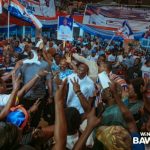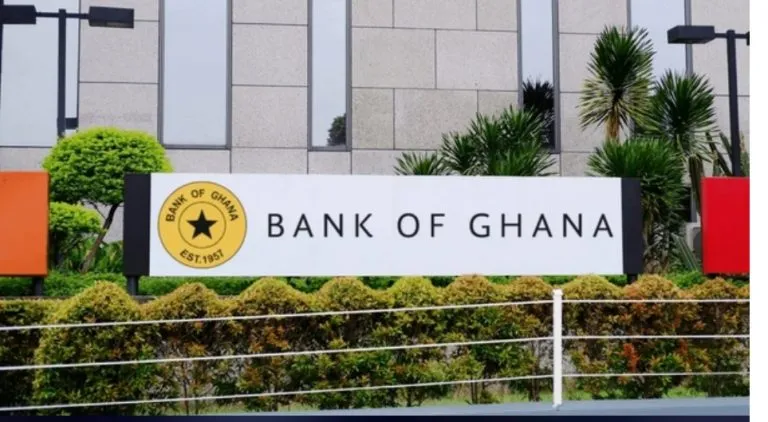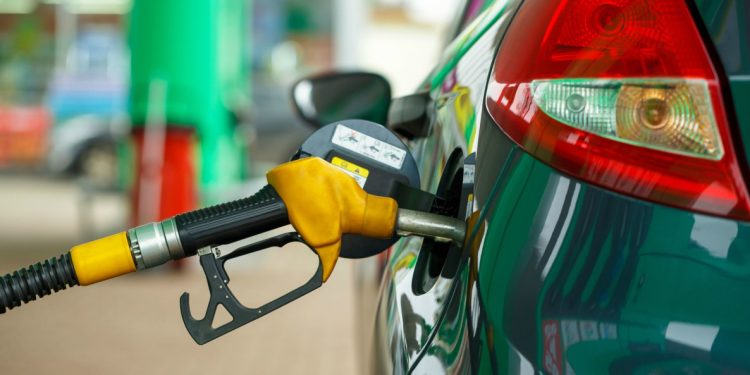The Danquah Institute (DI) has refuted suggestions that it conspired with the governing New Patriotic Party (NPP) to collapse some banks and financial institutions.
DI said it had cited videos circulating on social media in which it had been accused of masterminding the rundown of the banks.
DI Executive Director, Richard Ahiagbah, described the video as “nothing but a callous plot to besmirch our reputation and mischaracterize the government’s honest effort to see through a painful but necessary clean up exercise”.
Since the Bank of Ghana (BoG) started its cleanup exercise for the banking sector in August 2017, nine local banks have gone under.
While some were accused of using suspicious means and capital to set up, others were found to have been mismanaged by shareholders.
The affected banks include Heritage Bank, Premium Bank, former Finance Minister Dr Kwabena Duffour’s Unibank; The Beige Bank, Sovereign Bank, The Construction Bank, The Royal Bank, Mr Prince Kofi Amoabeng’s UT Bank; and Capital Bank, which was chaired by Pastor Mensa Otabil.
While UT Bank and Capital Bank were swallowed by the state-owned GCB Bank with the blessing of the Dr Ernest Addison-led central bank, the seven others were subsumed by an all-new state-owned bank, Consolidated Bank Ghana Limited (CBG), which was created by the Bank of Ghana during the cleanup.
While accusing the erstwhile National Democratic Congress (NDC) of failing to address the banking challenges, the DI stated that the NPP government chose the most challenging approach.
DI believes the actions of the NPP were realistic and consistent with its compassionate liberal-conservative values to protect the interests of depositors, employees, and the economy.
Citing an asset quality review undertaken in 2015 and 2016 by the Bank of Ghana (BoG) with support from the International Monitory Fund (IMF), Mr Ahiagbah said, “The exercise revealed severe challenges with solvency, asset quality, and liquidity”.
“The John Dramani Mahama administration opted to use liquidity support without a plan to address the underlying deficits and corporate governance malpractices,” he noted.
To further buttress his point, Mr Ahiagbah alluded to comments by the Receiver of the collapsed firms and accused owners and directors of the financial institutions of using “people’s lifetime savings and investment” to “acquire foreign property”.
According to him, the collapse of UT Bank and Capital Bank and other firms that have been consolidated resulted vastly from “mismanagement and diversion of depositors’ funds by owners and directors for personal benefits. The loss positions equalled GHC 11.65 billion,” he stressed.
In his view, even if the government owes UniBank GHC 1 billion, the amount “will not be enough to save Unibank, because the gap in its balance sheet is far more significant than GHC 1 billion”.
“The NDC knew about the impending collapse and vulnerabilities of the Ghanaian banks, including UniBank, from the updated 2016 asset quality review report,” he concluded.
















